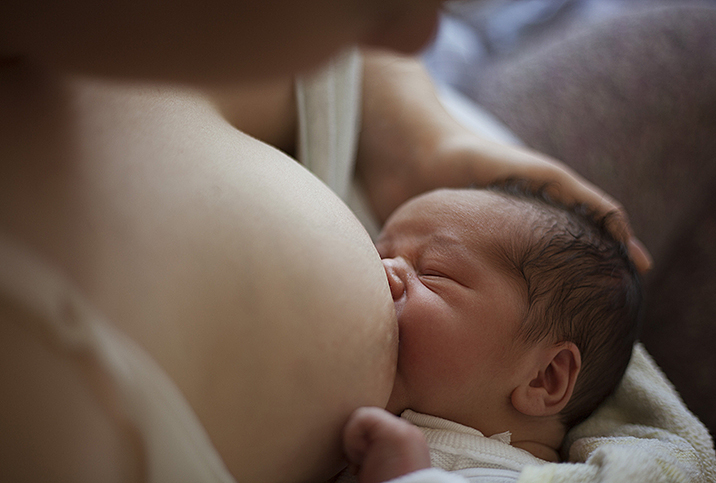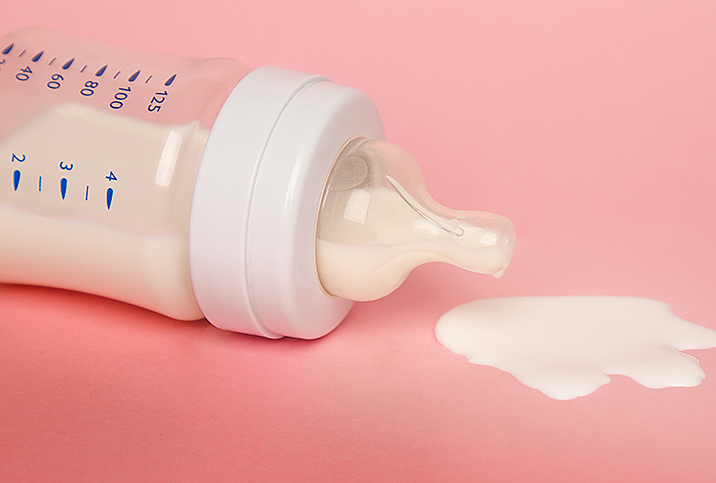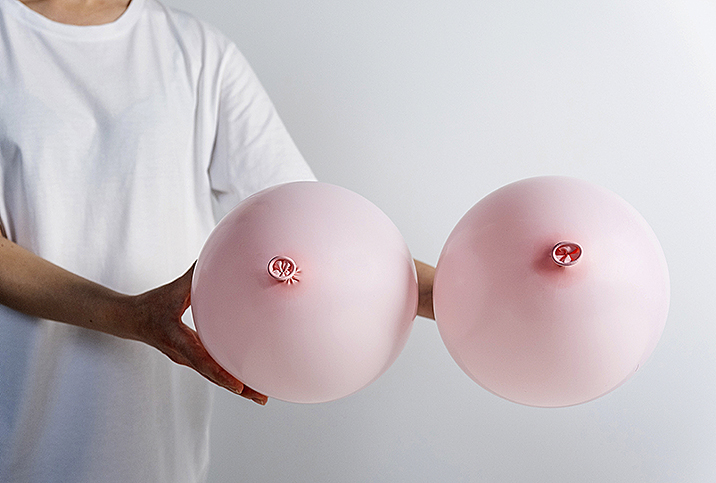Breastfeeding After Breast Surgery

Whether you’re having surgery for cosmetic or medical reasons, you should know all the possible implications of a given procedure. You should do online research, talk to your doctor, talk to anyone who may have had the same procedure, and definitely talk to the surgeon who’s actually carrying out the work.
If you plan to become a mother and breastfeed, or are even considering it, remember there’s more to the breast than meets the eye. You may be unaware of some of the consequences of breast surgery and need to learn more before moving forward with a procedure.
Breast augmentation & breastfeeding
During breast augmentation, the surgeon inserts implants underneath the chest muscles or behind the milk glands. The procedure is done in such a way that a woman’s ability to breastfeed is unaffected.
Some women experience greater nipple sensitivity during breastfeeding after receiving implants, and they can feel more pain than women without implants during the breast engorgement that occurs when the milk supply first comes in.
If you plan to become a mother and breastfeed, or are even considering it, remember there’s more to the breast than meets the eye.
One thing you don't have to worry about is silicone leaking into your breast milk: Women with breast implants are not known to have noticeable traces of silicone in their breast milk.
On the downside, depending on the location of your surgical incision, you may have nerve damage that impairs milk production. When an infant attempts to breastfeed, nerves in the breast trigger the brain to release the milk-producing hormones prolactin and oxytocin.
Breast augmentations that involve an incision around the areola are more likely to result in nerve damage than implants inserted through the armpit or underneath the breast.
Breast reduction & breastfeeding
A breast reduction surgery is more likely to affect breastfeeding, but that doesn’t mean such a procedure renders breastfeeding off-limits. Whether you’ve had a reduction for aesthetic reasons or to remove cancerous cells, any scar tissue that’s left behind may make breastfeeding a bit more challenging.
If possible, you may decide to have breast surgery years before you hope to breastfeed. The timing of the surgery should be discussed with your doctor. Regardless of the specific type of breast surgery, you should count on a five-year recovery period before becoming pregnant. This recovery time will give you better breastfeeding success rates down the line.
A breast reduction surgery is more likely to affect breastfeeding, but that doesn’t mean such a procedure renders breastfeeding off-limits.
Once your baby is born, you will likely start breastfeeding right away. With sufficient frequency and practice, there’s a good chance you’ll be able to provide your baby with some breast milk, if not a complete supply, despite a prior surgery.
Low breast milk supply after surgery
Many women have a more difficult time producing an adequate milk supply when they have a breast surgery history. Inform your child’s pediatrician about any and all breast surgeries, so they can monitor your baby’s weight gain and determine whether supplemental feedings are necessary. It’s more important for your baby to receive adequate nutrition than for you to adhere to a single, exclusive feeding method.
A lactation consultant can help you increase your breast milk supply naturally, by recommending specific foods, supplements or medications to boost your milk supply. Sometimes, adjusting the position or timing of your feedings can help, as well. Even if you’re unable to breastfeed exclusively, you can still have a fulfilling experience with partial breastfeeding.
Alternatives to breastfeeding
If you’re struggling with breastfeeding after breast surgery, don’t be too hard on yourself. Breastfeeding is often challenging, even for moms who haven’t had any operations. Baby formula is a safe and healthy alternative to breastfeeding, and it provides all the necessary nutrients for proper newborn growth and development.
You may also consider getting donor breast milk from a reputable supplier. Ask your OB-GYN or your child’s pediatrician for a referral to obtain safe breast milk.


















